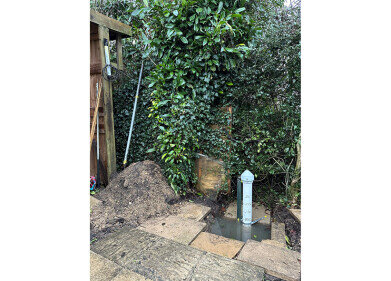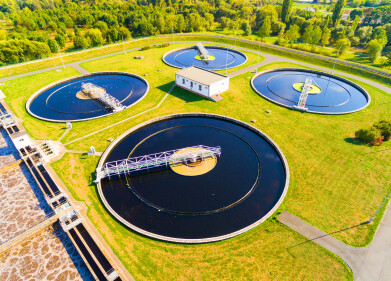Water/Wastewater
Can COVID-19 Survive in Wastewater?
Mar 31 2021
The coronavirus pandemic has caused untold death and devastation across the world, claiming over 2.75 million lives and throwing countless livelihoods into disarray. In a bid to bring the disease under control, the scientific community have been investigating all sorts of avenues to predict where it might strike next – and they may have struck upon an unusual source of information: sewage.
It has been proven that genetic material belonging to the coronavirus can persist in the human waste of infected individuals, even if they happen to be asymptomatic. That means that by screening wastewater for the presence of such materials, healthcare bodies can gain an approximation of where an outbreak is unfolding, long before it has been revealed through conventional testing methods.
Overcoming challenges
By its very nature, wastewater is composed of a multitude of different chemicals, contaminants and impurities. What’s more, the way in which samples are collected – and the makeup of those samples themselves – can vary significantly from one location to another, meaning it is difficult to develop a one-size-fits-all for testing the samples for traces of the virus.
However, novel methods for monitoring wastewater from the wastewater network and across the sewage treatment plant have aided optimisation of the results, with a successful trial in Plymouth last September paving the way for tests to occur across 90 wastewater treatment stations in England, Scotland and Wales. While the tests remain confined to large-scale facilities at present, there is hope the process can be refined so that they can implemented on a more localised level in the future.
Predicting outbreaks
One of the encouraging aspects of the last year has been humanity’s adaptability and dynamism in responding to the challenges thrown up by COVID-19. Indeed, in many ways, the pandemic has been a driving force for innovations in all sorts of fields, including diagnostics. While a nasal swab test was swiftly created to identify sufferers of the virus, no less impressive are the diagnostic properties of wastewater analysis.
The early warning system pioneered in Britain is believed to be an especially important discovery for the developing world, where economies cannot afford conventional testing systems on a mass scale. However, the ability to diagnose entire populations of towns, cities and geographical regions through their waste could hold the key to stopping the virus in its tracks and putting in place the appropriate measures to ensure it does not spread further.
Digital Edition
IET 34.2 March 2024
April 2024
Gas Detection - Biogas batch fermentation system for laboratory use with automatic gas analysis in real time Water/Wastewater - Upcycling sensors for sustainable nature management - Prist...
View all digital editions
Events
May 05 2024 Seville, Spain
May 06 2024 Minneapolis, MN, USA
May 13 2024 Munich, Germany
May 15 2024 Lund, Sweden
May 15 2024 Frankurt-am-Main, Germany


















